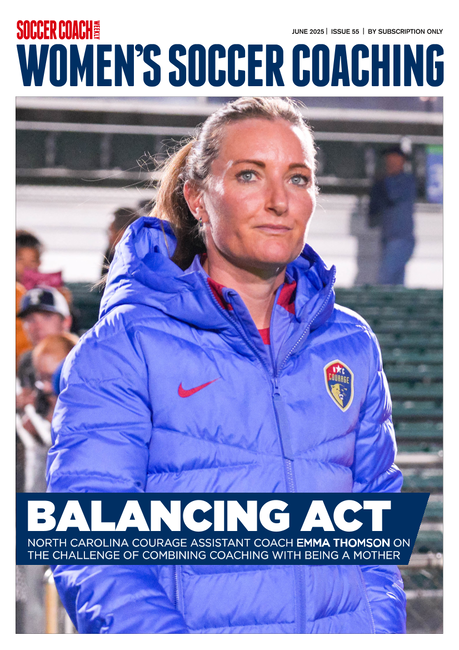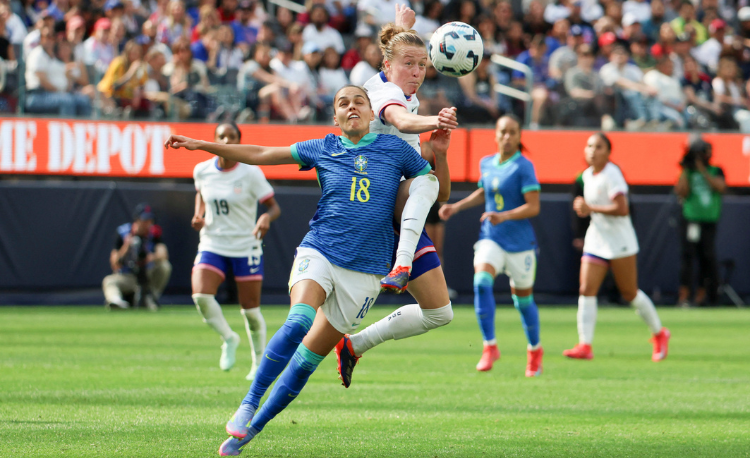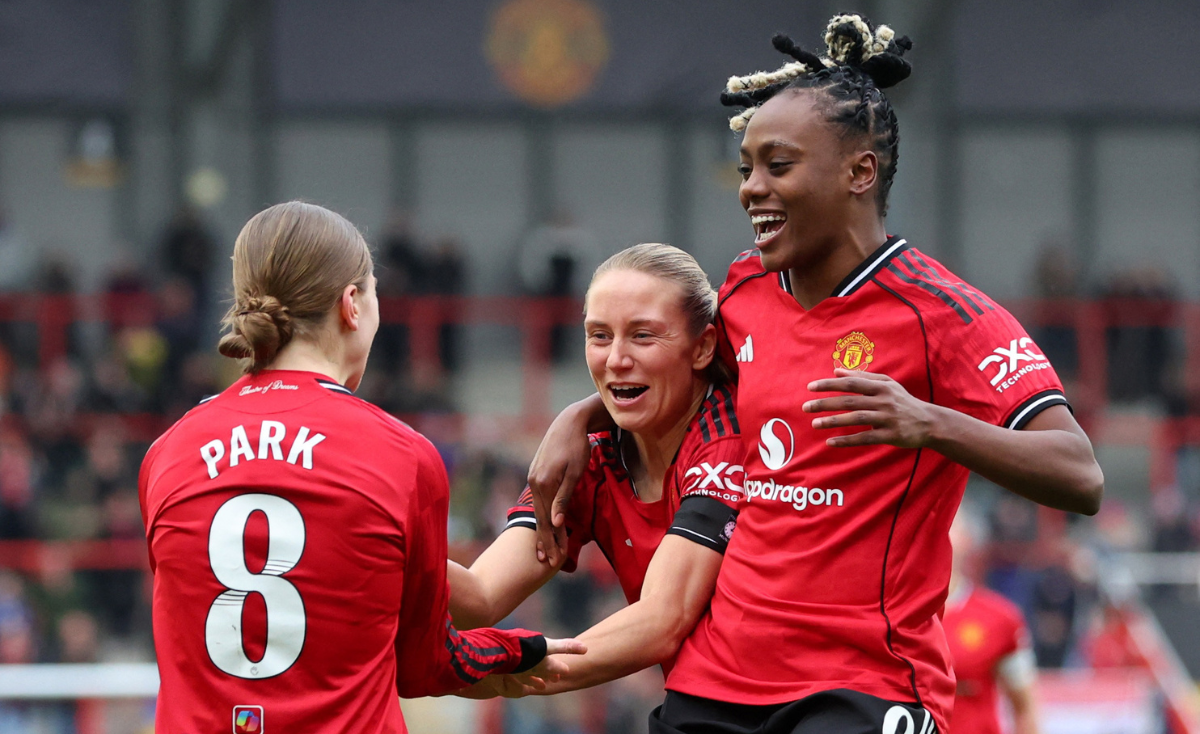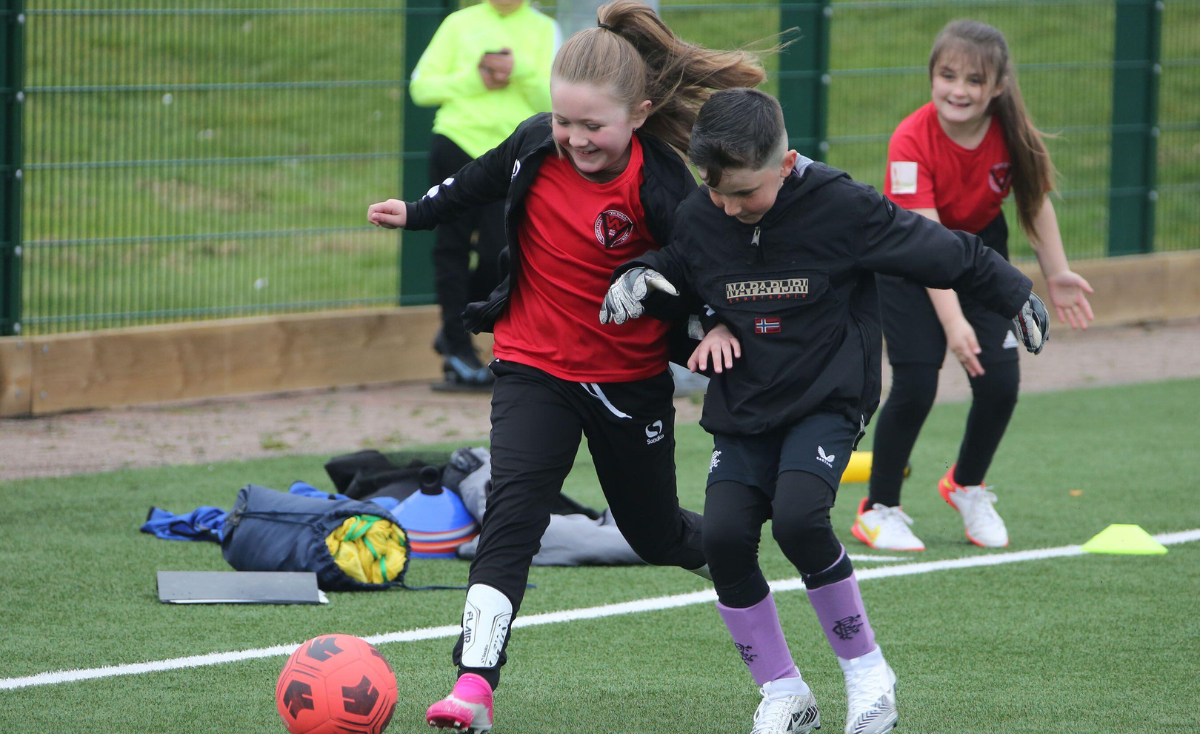You are viewing
1 of your 3 free articles
How I integrate new female players into my squad
Millwall Lionesses first team coach Anthony Dwayne Rosenberg-Murray shares his approach for welcoming new team members
As a grassroots coach working in women’s football, I’ve come to understand that integrating new players into a squad is about more than technical ability or positional fit. It’s about emotion, connection and creating a psychologically safe space. Especially in the women’s game, where players often thrive on trust, inclusion and social belonging, the coach’s role goes far beyond tactics.
Here’s how I approach player integration, specifically tailored for female players entering a new environment.
Know your players – not just their position
Female players are often more responsive to coaches who invest in personal connection. Getting to know a player beyond their footballing ability helps build trust, which is a crucial foundation in the women’s game. Many female athletes want to feel valued as people first, which directly influences their confidence and performance.
Why it matters: Women tend to place higher value on interpersonal connection in sport. When they feel emotionally safe, they’re more likely to communicate openly, express vulnerability and push themselves without fear of failure.
Buddy systems and social pairing
Female players entering a new team often experience anxiety about group dynamics and peer acceptance. The buddy system helps break social barriers, encourages inclusion and reduces the fear of ‘fitting in.’ I’m intentional about pairing new players with socially mature team-mates who can guide them through the team’s routines.
Why it matters: In female environments, social harmony is often directly linked to team cohesion. A player who feels excluded or unsure where she fits in is less likely to perform or even stay engaged.
Ask the right questions – before the first session
I always ask questions that help me understand their past experiences, personality and preferences. Many female players - particularly younger ones - may not self-advocate unless given space to do so. Questions about comfort levels, past coaching experiences, or emotional readiness can uncover things that players may not share unprompted.
Why it matters: Female athletes may underreport struggles or discomfort, especially in male-dominated or high-pressure settings. Asking proactively shows you care and reduces fear of judgement.
Pre-season camps and team dinners
From my experience, female players value shared experiences that allow them to connect off the pitch. Residential camps and team dinners are brilliant for building bonds in a relaxed, non-football context. I’ve seen players who barely spoke in training sessions open up and thrive once they’ve had a laugh over dinner.
Why it matters: Female players often form stronger performance links when emotional bonds are in place. When trust and connection come first, tactical execution becomes more effective.
Honest, open discussions
Creating space for players to speak honestly without fear is vital. In women’s football, emotional intelligence isn’t a buzzword; it’s a necessity. Female players may internalise tension or avoid conflict unless given space to speak freely. I dedicate 10–15 minutes a week to open, team-wide conversations, where they can talk about each other, themselves, or even me.
Why it matters: Emotional safety fosters performance. In female teams, silence isn’t always agreement - it can be discomfort. Creating a structured space to talk encourages empowerment and problem-solving.
Integration questionnaires
This is a tool I’ve used to track how players feel about their place in the team. Many female athletes won’t voice their worries unless asked directly, especially if they’re trying to ’blend in’. These anonymous surveys give me early insight into whether anyone feels isolated or misaligned.
Why it matters: Women are often more attuned to the emotional and relational dynamics in a team. Catching discomfort early can prevent longer-term disengagement or dropout.
Role clarity and expectations
I’ve found that female players often want to know exactly what’s expected of them - on and off the pitch. When those expectations are clear, anxiety reduces and confidence grows. I outline tactical, behavioural and even match-day dress expectations in advance, so nothing feels ambiguous.
Why it matters: Uncertainty breeds self-doubt. Female players often appreciate structure and clarity, especially when joining an existing group that already has its ‘norms’.
Tackle cliques before they form
Social cliques can be one of the most damaging elements in a women’s squad. I actively vary training groups, split friendships and design team-building games to encourage cross-squad bonding. Players also know I will call it out when I see exclusion.
Why it matters: Social belonging is often more important to female players than positional hierarchy. If they feel outside the group, motivation, engagement and retention can quickly drop.
Lead with empathy and emotional intelligence
Above all, I try to coach with empathy. Female players often bring a range of emotions, experiences and pressures into football - some of which may have nothing to do with the sport. By listening more and judging less, I build a team that isn’t just tactically organised, but emotionally connected.
Why it matters: In women’s football, relational leadership outperforms command-style coaching. Empathy doesn’t mean going soft - it means coaching the person, not just the player.
Integration isn’t just a logistical task, it’s a human one. The female players I’ve coached over the years have shown me that psychological safety, belonging and relational leadership are essential to unlocking performance. Whether you’re working with teenagers or senior players, the goal is the same: make them feel like they belong then watch them grow.
This is something we as coaches can and must get right. Because when women feel included, understood and empowered in a team, they don’t just play better - they stay longer, give more and help create the kind of culture we all want to be part of.
Related Files
Newsletter Sign Up
Newsletter Sign Up
Discover the simple way to become a more effective, more successful soccer coach
In a recent survey 89% of subscribers said Women's Soccer Coaching makes them more confident, 91% said Women's Soccer Coaching makes them a more effective coach and 93% said Women's Soccer Coaching makes them more inspired.
*includes 3 coaching manuals
Get Inspired
All the latest techniques and approaches
Women's Soccer Coaching offers proven and easy to use soccer drills, coaching sessions, practice plans, small-sided games, warm-ups, training tips and advice.
We've been at the cutting edge of soccer coaching since we launched Soccer Coach Weekly in 2007, creating resources for the grassroots youth coach, following best practice from around the world and insights from the professional game.








